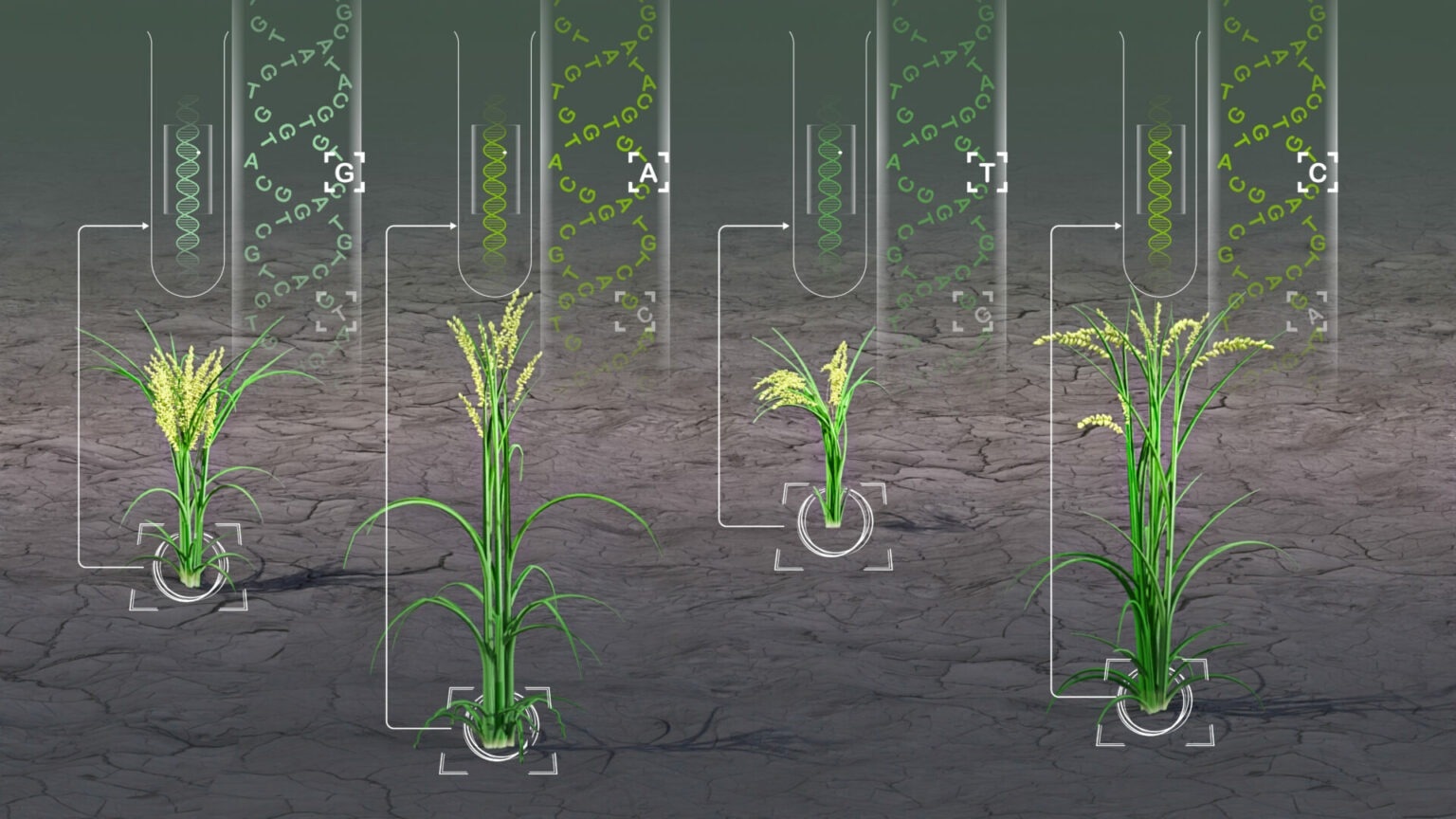Researchers have created a new computational tool that quickly and effectively exposes genetic variety inside DNA databases of different plant species in a significant advancement for agricultural science.
 HPC-GVCW is a computational tool that quickly identifies genetic variations in several plant species. This helps to improve crops like rice, maize, soybean, and sorghum. Image Credit: 2024 King Abdullah University of Science and Technology; Heno Hwang.
HPC-GVCW is a computational tool that quickly identifies genetic variations in several plant species. This helps to improve crops like rice, maize, soybean, and sorghum. Image Credit: 2024 King Abdullah University of Science and Technology; Heno Hwang.
With the help of this open-source platform, genetic differences that are essential to creating crops with increased resilience, yield, and nutritional value will be found more quickly.
The KAUST team, led by plant genomicist Rod Wing, demonstrated the tool's capacity to identify minute DNA variations, or so-called Single Nucleotide Variants (SNPs), among different strains of rice, maize, soybean, and sorghum by utilizing sophisticated algorithms and the power of High-Performance Computing (HPC).
Using a complicated genetic dataset of DNA sequences from thousands of different accessions, the team in the rice experiment, for example, used the technology to create a comprehensive “pan-genome” for Asian rice (Oryza sativa), a project the researchers had previously assisted with.
By utilizing this dataset in conjunction with the team's innovative analytical technique, the KAUST researchers found almost two million genetic variants that were previously missed by traditional analyses of a single reference rice genome.
This marks an initial step towards unlocking new avenues in crop enhancement and sustainable agriculture, notes plant geneticist and study co-author Yong Zhou.
These hidden SNPs could now be utilized for breeding programs immediately and also to identify novel functional genes for agricultural traits.”
Yong Zhou, Research Scientist and Study Co-Author, King Abdullah University of Science and Technology
This kind of SNP discovery can also assist in elucidating the genetic and evolutionary relationships between various rice lineages. Wing and Zhou recently led the effort to create a high-quality reference genome for Saudi Arabia's native Hassawi red rice, a crop valued for its resistance to severe salt and local drought.
With the aid of the instrument, the scientists were able to prove a genetic connection between Hassawi rice and a subset of rice that includes types that come from Australia, India, and some regions of Southeast Asia.
The capacity of the tool, known as the high-performance computing genome variant calling workflow, or HPC-GVCW, to split large genomes into discrete pieces and then rely on parallel processing technologies to solve challenging computing problems on massively multidimensional genomics data, is essential to its performance.
This reduces the execution time massively, and making it able to process 3,000 genomes within 24 hours.”
Nagarajan Kathiresan, Computational Scientist and Study Co-Author, King Abdullah University of Science and Technology
With more genomes now getting sequenced than ever before, Zhou adds, the new tool should prove invaluable for streamlining their analysis to empower next-generation crop breeding.
Source:
Journal references:
Zhou, Y., et al. (2024) A high-performance computational workflow to accelerate GATK SNP detection across a 25-genome dataset. BMC Biology. doi.org/10.1186/s12915-024-01820-5
Sedeek K., et al. (2024) Multitrait engineering of Hassawi red rice for sustainable cultivation. Plant Science. doi.org/10.1016/j.plantsci.2024.112018.